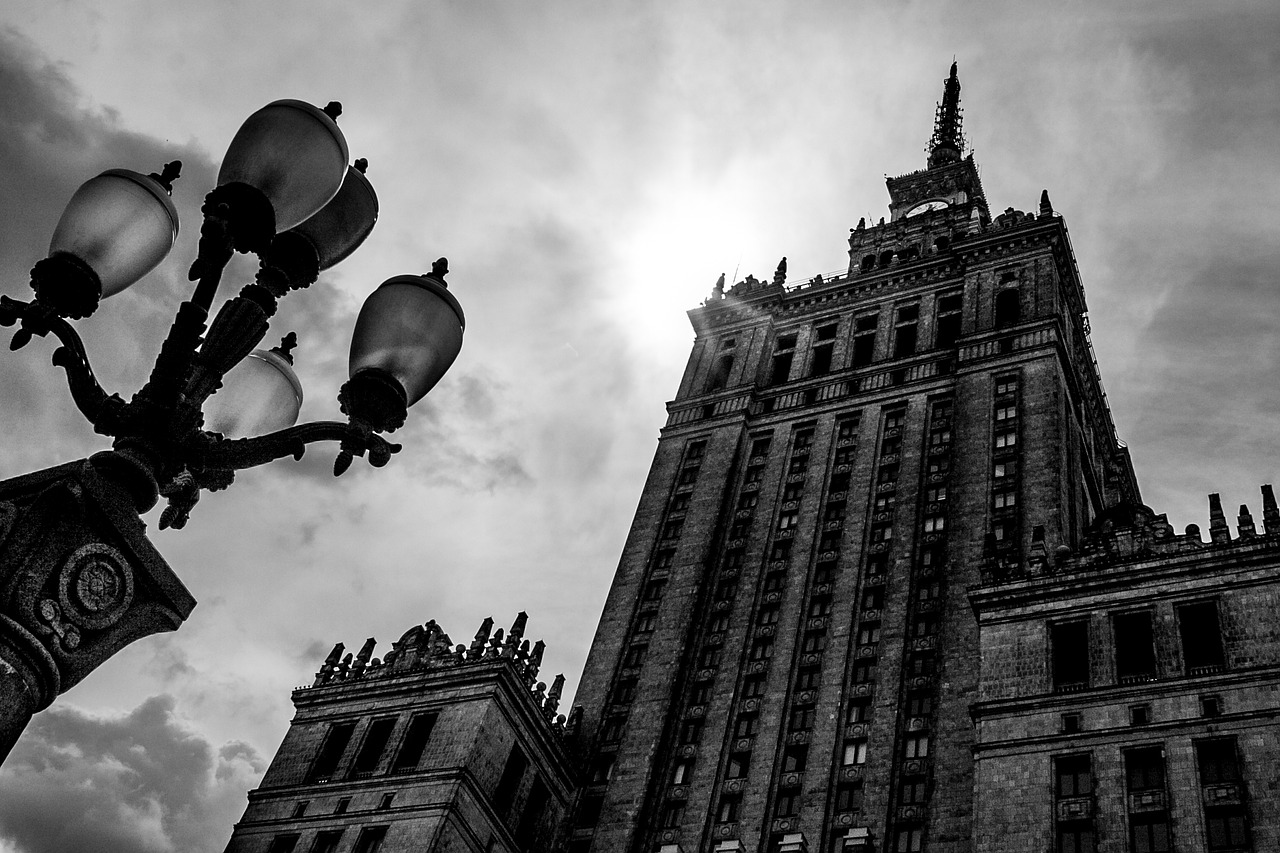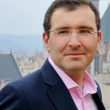Course objectives and programmatic details:
Shadows of the Past – Education for the Future Authoritarianism, Populism, Democracy.

COURSE OVERVIEW
With the end of the Cold War and the collapse of Communism in Eastern Europe and the former Soviet Union, many commentators proclaimed that Western-style liberal democracy had prevailed. In the words of Francis Fukuyama, the world witnessed the “end of history”. Yet, looking at many countries nowadays, in Europe and elsewhere it is clear that democracy has not won yet.
After the spread of democracy at the end of the 20th century, authoritarianism and populism are now rolling back democracy around the globe. The past “waves” of democratization have been advancing and reversing. Whether the current wave will be – or even can be – reversed is one of the subjects very much depending on the young generation.
The objectives of the course
This course aims at equipping teachers of history, civic education, literature and educators at all levels, with knowledge and skills necessary to educate pupils and students about totalitarianism, authoritarianism, populism and democracy.
The course is particularly up to date with recently discussed legacies of 1989 year in Europe. It builds on practical experience of Poland, the country which has recently marked 30 years since its first postwar democratic election. Here, the partially free vote on June 4, 1989, handed victory to a government led by the Solidarity trade union and triggered a series of events culminating in the fall of the Berlin Wall.
The training course will discuss the still relevant origins of totalitarianisms, the transitions to democracy exemplified by many EU countries, the conceptions of democracy and their illiberal variations (illiberal democracies) geared by populism – yet another widely debated notion today
Important element of the course will be visiting and acquiring the history of Nowa Huta, the first perfectly socialist town in Poland (now a unique district of Krakow). Also the legacies of communism and recent histories of Central and Eastern Europe will be underlined in the course.
Eventually, equipped with knowledge and skills during the programme of the course the participants will work together to elaborate teaching methods, through which teachers and educators could transfer their knowledge to pupils and students.
When is the next Course and how do I apply?
Target groups:
Teachers, (especially history, civic education, humanities, etc.), educators, professionals working with people as teachers, guides, mentors, leaders or counselors
Dates:
23-29.06., 7-13.07., 13-20.07., 06-12 October 2024,
27.4-3.5.2025, 29.06-05.07.2025
Fee:
560 € – Learn more about the costs
Location:
Krakow, Poland.
Social programme:
The social programme activities are included within your course fees!
NEED MORE INFORMATIONS?
A few words about course co-ordinator

Dr Piotr Uhma
Piotr Uhma serves as an Assistant Professor in international law at the Institute of Law, Administration and Economics, Pedagogical University of Krakow, Poland. He is the founder and President of the European Institute Pro Futuro Europae, and has led over a few dozen trainings on youth participation, democratic citizenship, soft skills and IT tools in education. He performed various consultancy and public speaking assignments in places such as Prague, Sydney, Jakarta, Strasbourg, Vienna, Amman, Nairobi, Denver, Seoul Jerusalem and Pamplona.
